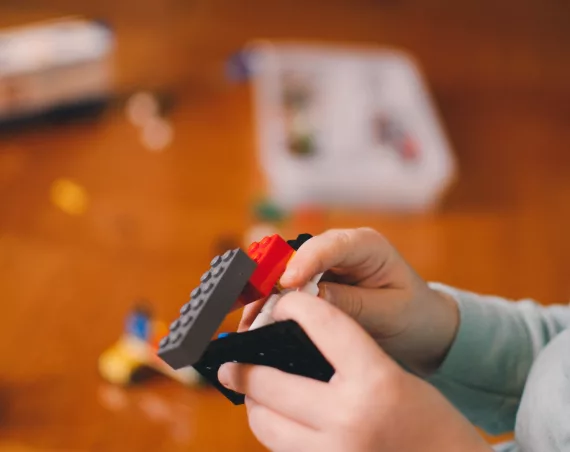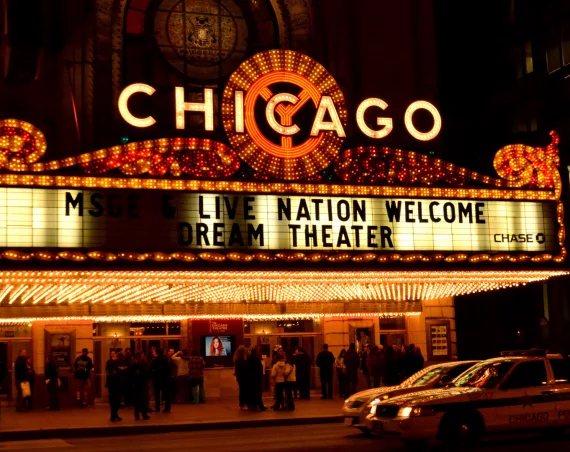
Phrasal verbs for socialising
Powered by RedCircle
Hello and welcome to Learn English Vocabulary. My name is Jack and I’m making this podcast for you to learn or revise English vocabulary. You can find a transcript of this podcast on LearnEnglishVocabulary.co.uk. There’s a page for this podcast with the transcript, an activity and a task for you to do in the comments section.
Introduction
Last week, I had a request for some podcasts on phrasal verbs. In English, there are thousands of phrasal verbs. I think that there are only a few hundred that are very common, but there’s still a lot to cover. I was taught that the best way to present new vocabulary is meaning first so I’m going to try to talk about phrasal verbs in context. So today, I’m going to start by presenting 8 different meanings or uses of phrasal verbs that are related to socialising with friends or spending your free time with friends.
Friday night plans
Let’s imagine that it’s a Friday and you want to relax with some friends after work.
To meet up
The first thing you need to do is make a plan with your friends. You need to ask them if they want to spend some time with you. You could ask them:
Do you want to meet up later?
To meet up means to meet someone at an arranged time, usually for social reasons.
This is quite an informal question so it would probably be quite contracted and there’s a good chance that the t at the end of meet and in the middle of later would be replaced by glottal stops. A glottal stop is a complicated way of saying that the word stops quickly so instead of saying meet up you’d say meeʔ up. Listen to this.
Do you want to /ʤəwɒnə/
Meet up later /miːʔʌp leɪʔə/
Do you want to meet up later?

To pick someone up
OK – now you have the beginnings of an arrangement. You might decide to meet up in town, perhaps at a pub or a cafe. Now if you arrange to go into town, you might offer to pick your friend up on the way. So this is our second phrasal verb, to pick someone up means to give someone a lift or can just mean to meet at the person’s house and walk with them. It normally means to collect someone in a car, but when I was a student, I didn’t have a car and me and my friends would walk everywhere and we would still pick each other up. You might say:
I’ll pick you up at 7. I will go to your house and then we will go together to the pub or cafe.
There is another meaning to the phrasal verb pick someone up and it means to meet someone for the first time and start a romantic relationship. In some places, there are bars known as pick up bars where you can meet people and arrange … well, less romantic relationships. I learnt this in a bar in … well, I don’t want to say where, but it wasn’t like a pub in the UK. I was very young and naive and felt quite stupid when I realised I was in a pick-up bar.
To come over
Let’s imagine now that you have had a really hard week and you can’t face a night on the town. You would like to see your friends, but the idea of a busy pub or cafe and public transport sounds too much like hard work so what do you do? You invite your friends to come to your house or flat. You ask them:
Would you like to come over to mine?
To come over means to visit someone at their home. Let’s focus on the pronunciation again as this is informal language so the question would normally be contracted.
Would you like to
/wʊʤə laɪʔtə/
The k in like is often replaced by a glottal stop.
Come over
/kʌməʊvə/
The m sound at the end of come links to the beginning of over so it sounds more like co mover
/kʌməʊvə/
Would you like to come over to mine?
To have someone over
Imagine again that you are on your way home from work when someone stops you and asks: Do you want to meet up later? But now, you can’t as you already have plans. You have to say:
I’m having someone over.
You would probably say sorry, or I’d love to, but… I’m having someone over.
The phrasal verb to have someone over means to have people visit you at your home. When you have a plan to have someone over, you would normally describe it using the present continuous for the future – this is a little bonus grammar – because it’s a perfect example of an arrangement. That is, a future plan made with other people. We use the present continuous because it’s not just our plan, it’s the group’s plan so we have less power to change it – it’s an arrangement.
To check in on someone
Back to our imaginary evening plans. Perhaps you would like to see a good friend who was off work today. You are a bit worried so you want to find out if they are OK. You might say:
I’m going to check in on James on my way home.
To check in on someone means to call at their house to make sure they are OK and don’t need help. It’s a kind thing to do. It’s similar in meaning to check up on someone, but to check up on someone is a bit more intrusive. I check up on my kids when they have been quiet for a while. You might check up on someone to make sure they are not up to mischief. During the recent Covid lockdown, I used to try to check in on my parents. They were fine and didn’t need my help at all, but it made me feel better to check in on them.
Drop in on someone – stop by – pop round
There are some similar phrasal verbs that mean to go to someone’s house without an invitation or arrangement. These are to drop in on someone or to stop by. I dropped in on Bill last night to see his new pet dog. We normally drop by when we are going somewhere else and a friend lives in the same area or on the way. I was in the area so I thought I’d drop by and see if you were in. One more phrasal verb that’s similar is to pop round. I use this to talk about a short visit. So I might say: I’ll pop round later to drop off the parcel. Or because I do IT support for my dad: do you want me to pop round and take a look at your computer?
To show up
Back to our Friday night plans. So, you have invited your friend to come over to yours at 7, but they didn’t arrive until a quarter to 8. You might say they showed up 45 minutes late. To show up means to arrive somewhere to meet a group of people. We normally use it if someone arrives unexpectedly or late. I have a friend that is always late. If you have an arrangement to meet at 6, she will show up at 730. If you have an arrangement to meet at 730, you can expect her to show up at 9.

To end up doing something
Perhaps you arranged to play some games or watch a horror film or order some Chinese food. However, if none of these things happen and you just sit in the kitchen and talk, you could say, we ended up just chatting all night. To end up is the last phrasal verb I want to describe and we use it to say what happened in the end. So there are two main uses. One might be when you have problems deciding what to do. So you could say Bill wanted to go bowling and Sally wanted to go dancing, but we ended up just going for a pizza. Another way you can use it is to describe what happened at the end of a busy night out. So I have another friend who is a bit of a party animal. I often find myself saying: I went home at 11. What happened to you? Oh, I ended up with this big group of foreign students at a party at the university.
To call it a night
To wrap this podcast up, I’m going to present one last idiom that we use at the end of the evening when it’s time to go home and go to bed. You can also use it at home when you have had enough and want to go to bed. You can say, I’m going to call it a night. Do you want to go to the night club? No, I’m tired so I think I’m going to call it a night.
And this is now quite a long podcast so I think I’m going to call it a night as well. I will present some more B2 upper intermediate phrasal verbs next week.
If you have enjoyed this podcast, please leave me a comment or a review and don’t forget that you can read the transcript for this podcast and complete some language activities on LearnEnglishVocabulary.co.uk.
Thanks for listening.
Test yourself
Your turn
Where do you like to meet up with your friends?
Are you a punctual person or do you sometimes show up late?
Where’s the strangest place you’ve ended up on a night out?





1 Comment
Randeep
It was wonderful. I would like to learn some more phrasal verbs